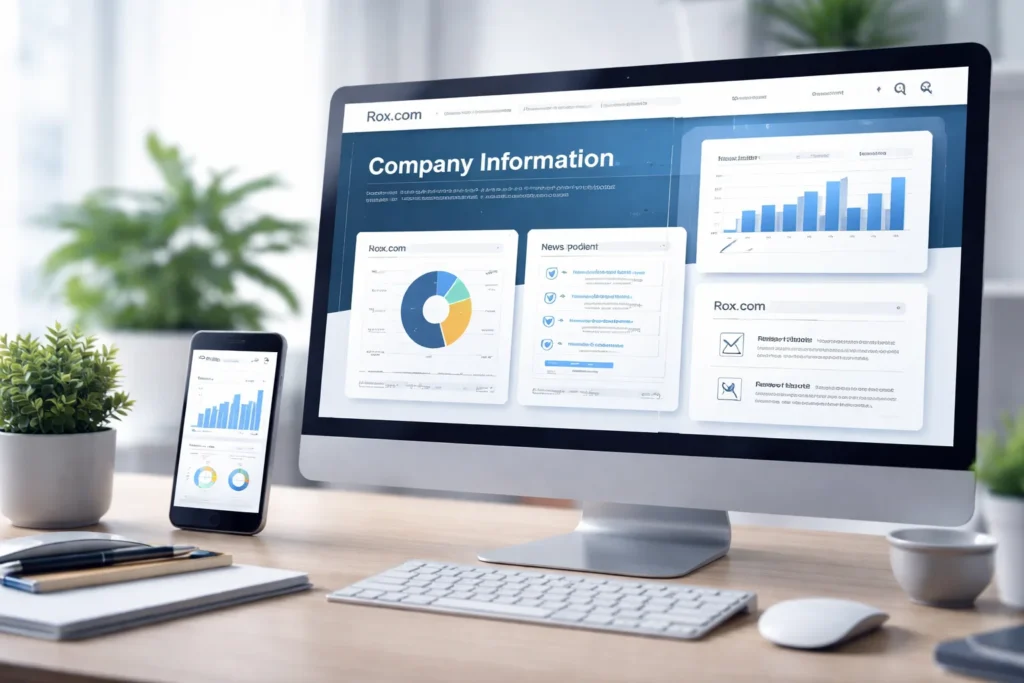A reliable payroll system will reduce the burden of managing garnishments, taxes, deductions, and compliance. Make sure your selected platform offers these essential functions before investing in it. Employees want transparency and access to their payroll data, such as pay stubs and paid time off balances. The right system will allow them to do that and boost their faith in your organization.
- Automated Processing
Having a tool that allows HR to keep up with the latest garnishment regulations, process payments and provide information transparency for employees helps reduce the risk of non-compliance penalties and employee frustration. Having the right technology combined with a service team that offers compliance insight and expertise can also help organizations monitor, process and respond quickly to wage garnishment requests to remain compliant.
Hospitality Payroll software is much smarter than a calculator when handling numbers, and automating processes can minimize human error. Whether calculating deductions, overtime pay, PTO or commissions, payroll systems can do the heavy lifting, so there’s less chance for mistakes like mistyping numbers or accidentally overriding system data.
Look for a payroll solution that provides a clutter-free UI with contextual feature hints and an intuitive experience so you can get up and running fast. Also, ensure the payroll platform you choose integrates with your accounting and time and attendance solutions to give you complete transparency into how your payroll is processed.
- Real-Time Data
Wage garnishments aren’t something you want to ignore — they can cost companies money, damage morale, and frustrate employees. If your company faces one of these situations, look for a payroll service that offers real-time data and an employee-friendly, intuitive interface that works across platforms. This will ensure that your team can easily get the information they need to address the garnishment.
The best payroll services also offer a range of modern payroll capabilities, including on-demand payment. This unique feature allows employees to request a portion of their paycheck ahead of payday, giving them the flexibility to pay unexpected expenses or bills. Since payroll involves storing highly sensitive information, such as home addresses, bank account numbers and salary details, choose a provider that takes security seriously. Ask how your vendor secures this information and what steps they take to protect it against cyber-attacks. It would help if you also determined whether the payroll service is certified for ISO/IEC 27001, ensuring it follows top-notch data storage and protection protocols.
- Scalability
Using payroll software can help businesses streamline core business processes and reduce the risk of expensive errors. Streamlining is essential for small businesses that don’t have the luxury of hiring an in-house accountant to handle complicated payroll and tax functions.
During the procurement process, companies should ask potential vendors how they plan to simplify their software and what features will help them comply with state and federal payroll laws. For example, a scalable payroll system can make it easy for HR teams to adjust their data based on the company’s growth.
In addition, some plans offer an online dashboard that allows employees to see their paystubs and other pertinent information in one place. This saves hours and provides a more user-friendly experience for employees.
It’s also important to consider how a payroll system will protect sensitive data. The system’s security is crucial for employee privacy, especially with personal financial information like bank account numbers and home addresses. Choose a company that takes security seriously and uses advanced encryption.
- Flexibility
Payroll systems must be flexible as the workforce grows in various shapes and sizes. Look for a system that can handle different pay schedules and tax codes, multiple currencies, multiple payment methods, and more.
You also want a system that offers a one-stop shop, integrating all HR and payroll technologies into your existing platform for ease of management. This means less time and effort for your team while maintaining accurate data and avoiding costly non-compliance penalties. A good payroll system allows users to quickly change information without outside help, including adjusting withholdings and deductions as needed.
This allows authorized individuals to update data from the comfort of their home office or on-the-go, no matter where they are. Finally, look for a system with built-in best practices and recommended formulas, simplifying the process for payroll administrators needing coding skills or time to call IT help. You should also find a system that allows you to customize reports for quick insights. It’s also important to ensure your payroll system has strong security with rules-based validation and role-based access.
- Compliance
Wage garnishment is a complex process that impacts both the employer and the employee. Employers must follow stringent rules that vary from state to state, resulting in a high likelihood of errors that can be costly for the company and its employees. A payroll management solution with integrated compliance features can reduce the risk of error and ensure compliance by tracking and monitoring regulation changes that impact wage garnishment processes.
It also provides information transparency with a garnishment status update and a search function that makes it easy to monitor and manage the entire process from start to finish.
Conclusion
The best online payroll system enables you to customize and configure workflows and checklists, ensuring that each process is streamlined and accurate. It should also allow you to track each garnishment by its court order, set different rules based on each type, and monitor state agencies’ confirmation that the charges are being processed correctly. As a result, you can shift your attention from worrying about the process to more strategic business goals.

Brian Ferdinand of EverForward Trading Joins Forbes Finance Council, Expanding His Voice on Markets and Risk

Get Any Company Objectives or News of rox.com

How Tax Accountants Support Entrepreneurs And Startups

Why "Best Planner Apps" Dont Fix Bad Planning Habits

Brian Ferdinand of EverForward Trading Joins Forbes Finance Council, Expanding His Voice on Markets and Risk

Brian Ferdinand of EverForward Trading Joins Forbes Finance Council, Expanding His Voice on Markets and Risk

Get Any Company Objectives or News of rox.com

How Tax Accountants Support Entrepreneurs And Startups









